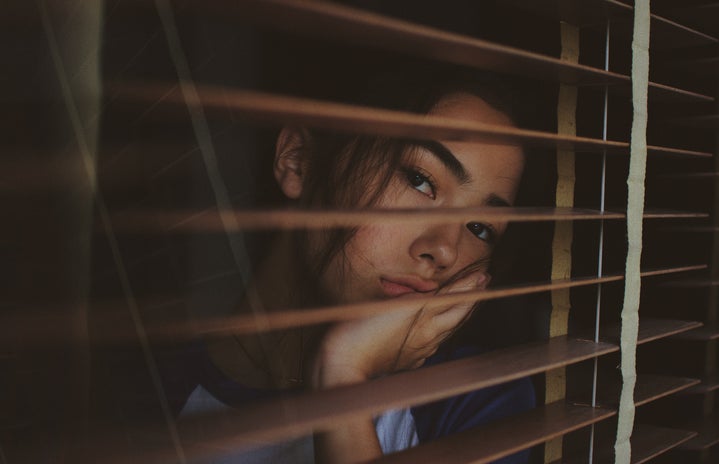One of my male friends once told me that it was really girly and lovely of me that I could not get over my ex easily. In that conversation, I felt somewhat insulted but did not know why I felt that way. His irritating claim stuck with me for several days and just when I was scrolling my Twitter feed, I realized that microaggression happened.
According to Sue (2007), microaggressions are everyday verbal and behavioral insults that deliver hostility and derogatory to those with specific backgrounds such as race, gender, sexual orientation, and religion. What makes microaggressions distinct from other forms of discrimination is that perpetrators usually insult others automatically without being aware of doing it, which makes it harder for people of oppressed groups to identify and talk about their experiences of facing subtle discrimination.
In my case, my friend judged my entire personality based on my gender and completely ignored my own character by conveying a message that all girls are naturally weak and vulnerable. Of all the boys I have met, the fact that he, one of my good friends did commit such slight hurt me tremendously. My experience with microaggression was nothing but unusual. In fact, people of marginalized groups encounter microaggressions constantly throughout their lives, and they negatively affect those people in terms of mental health, and standard of living. Although microaggressions are subtle, an accumulation of vague slights can have detrimental effects on marginalized people.
Since perpetrators are usually unaware of conducting microaggressions, it seems that providing educational programs or pointing out microaggressions when occurred in conversations seems like a good start to tackle this issue. However, not only it is hard to change the entire education scheme especially in a country like Japan, where its latest attempt to change its education to be more active has just failed, but also dealing with defensive attitudes of offenders can be mentally exhausting for people of marginalized groups.
I think that the best way to deal with microaggressions is to learn about them. In his “Microaggressions in Everyday Life”, Sue says that One of the significant contributions of microaggression study has given people of oppressed groups “language and concepts” to feel empowered by speaking and understanding their experiences. If we can detect microaggressions instantly when someone offended us in daily situations, we can at least get rid of stress coming from not knowing what just happened. In addition, understanding the situation correctly and instantly gives us more time to think about how to deal with that particular situation; we can point of the slights or we can just let go in order to protect our mental health.
I sometimes become sick of this world where all people are not respected regardless of their backgrounds, but turning away from issues would not fix anything. I do believe that I can make the world a better place by learning about my situation and other’s situation.
“Microaggressions in Everyday Life” written by Derald Wing Sue is a very good book that covers the definition of microaggression, the kinds of microaggressions people face depending on their backgrounds, and also implications for a better future.


